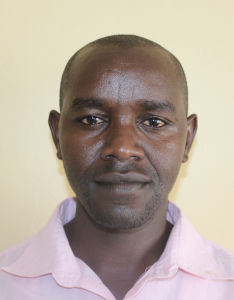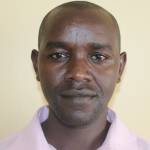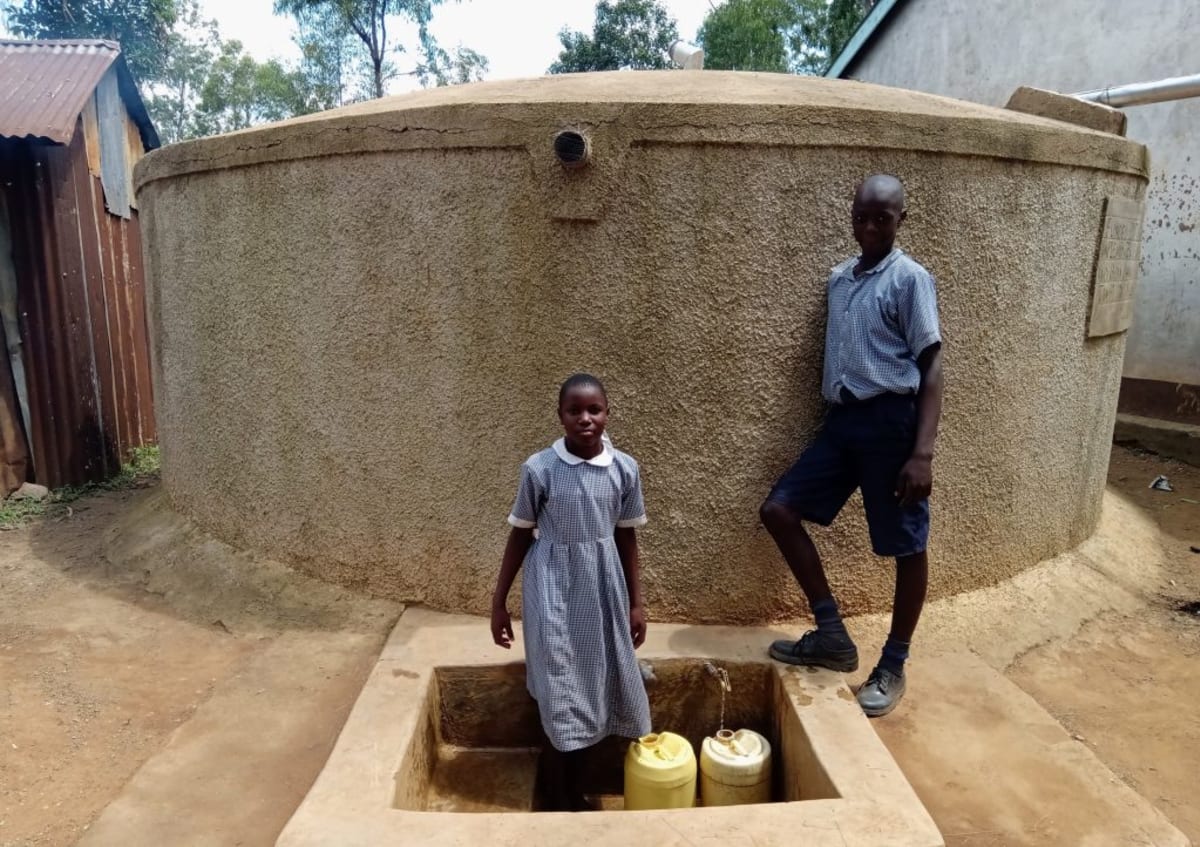Emmaloba Primary School in Kenya was founded in 1990 by community members who donated the land. Some 500 students attend classes from 7am - 4:15pm, play in the fields and help clean the compound. The school is located at the border of two counties where the Luhya and the Luo tribes live together peaceably.
The headteacher, Hosea Osambo, graduated from Essumba Primary School and was really impressed with the work that was done there by WeWaSaFo. He entreated them to consider Emmaloba for the same vital services. On our visit to the school, we found that the school is in dire need of a rainwater tank, handwashing facilities, and latrines. The headteacher promised to mobilize the school stakeholders so as to support the project and thus we qualified it.
Water
The school does not have a water source, but must solely rely on the pupils who bring water every day from an unprotected spring. They must walk about 30 minutes, wait in line, and collect water usually in lidless containers from the pipe that comes out of the ground. These containers are then lined up at the school and the water used as needed during the day.
A hand-dug well was done by ACK Diocese of Maseno North in the year 2015. It dried up during the dry spell and broke down, which discouraged the sponsor from repairing it. The well was not fitted with a pump and a winch, which failed, and could not be fixed. That forced the school to construct a structure to secure it from vandalism.
Sanitation
Hygienically, the school does not have even an improvised handwashing station though they do have a lunch program for class eight pupils who just eat the food without washing their hands. The headteacher was quick to say that they have never seen or heard of handwashing stations. With this kind of practice, the cook mentioned, many pupils are exposed to dangers of getting stomachaches.
The condition of the available latrines is worrying as many of these are almost full, emitting a foul smell and casting doubts about future reliance on them.
Garbage is thrown into the dump and burned. In time, this material is used to fertilize the farmland.
There are few cases of malaria due to the fact that the government gave out mosquito nets free of charge. Also, with the availability of a nearby dispensary, has really helped to avert the persistence of common local diseases like malaria, colds and diarrheal diseases.
Here's what we're going to do about it:
Training
Training will be held for three days. The facilitator will use PHAST (participatory hygiene and sanitation transformation), ABCD (asset-based community development), CTC (child to child), lectures, group discussions, and handouts to teach health topics and ways to promote good practices within the school. Teachers, students and representatives from the parents will participate in this training so that all know how to practice good personal hygiene.
Handwashing Stations
The teachers will help in supervision as the CTC club members will be responsible for the management and maintenance of the hand-washing facilities. This will be done by filling the provided 60-liter plastic containers fitted with fabricated metallic stands with water every day and also ensuring that they are properly stored.
VIP Latrines
Six latrines will be constructed with local materials that the school will help gather. Three will serve the girls while the other three serve the boys. And with a new source of water on school grounds, students and staff should have enough to keep these new latrines clean.
Rainwater Catchment Tank
A 50,000-liter rainwater catchment tank will help alleviate the water crisis at this school. The school will also help gather the needed materials such as sand, rocks, and water from the spring for mixing cement. Once finished, this tank can begin catching rainfall that will be used by the school’s students and staff. Students will no longer be responsible to find enough water to carry to school every day.
We and the school strongly believe that with this assistance, standards will significantly improve. These higher standards will translate to better academic performance and less sickness being brought back home to families. Better health, better education, and better living standards go hand in hand.
This project is a part of our shared program with Western Water And Sanitation Forum (WEWASAFO). Our team is pleased to provide the reports for this project (edited for readability) thanks to the hard work of our friends in Kenya.

 Rainwater Catchment
Rainwater Catchment
 Rehabilitation Project
Rehabilitation Project





































